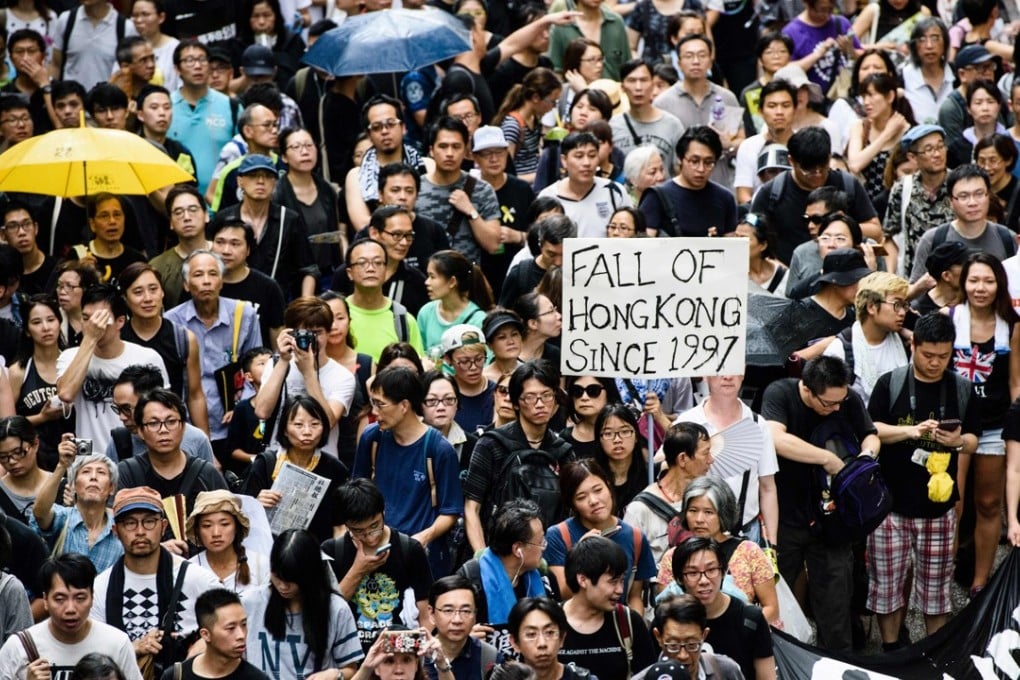Are Hongkongers just a bunch of angry protesters, or do they want to see real change in society?
Nixie Lam says rather than stoking a climate of fear, local politicians should embrace the many opportunities afforded by being part of China, to help Hong Kong meet the practical challenges of land, labour, education and technological change

So, is independence the way out? I’m afraid not; any responsible politician would have to say it is not practical. So what can we do? To begin with, we might try to understand China better. By that, I don’t mean singing the national anthem well when it is played or understanding the meaning of each of the stars on the national flag.
Beijing policy on Hong Kong remains the same after reshuffle
The metrics behind the “one country, two systems” policy of Chinese revolutionary and leader Deng Xiaoping involves Hong Kong keeping its uniqueness and not only witnessing but also enjoying inclusion in China’s economic reform, the greatest of this century.